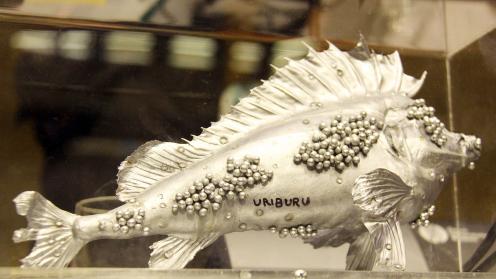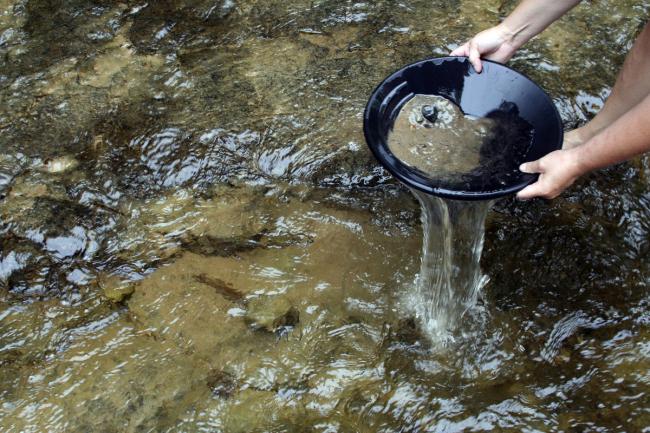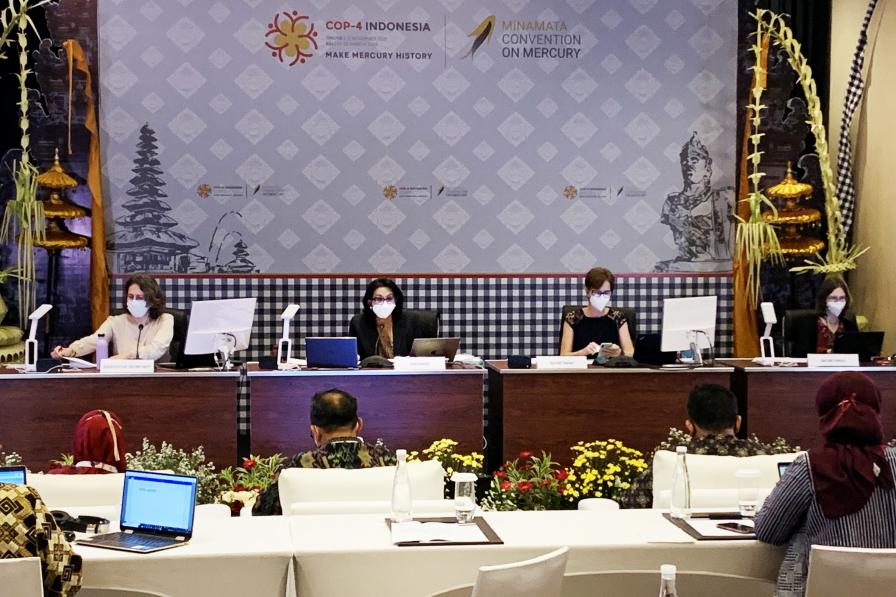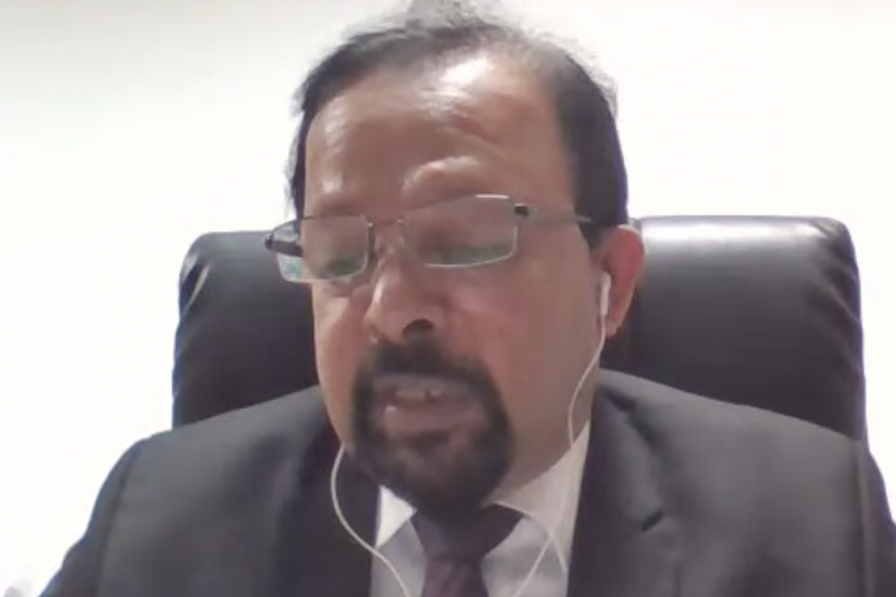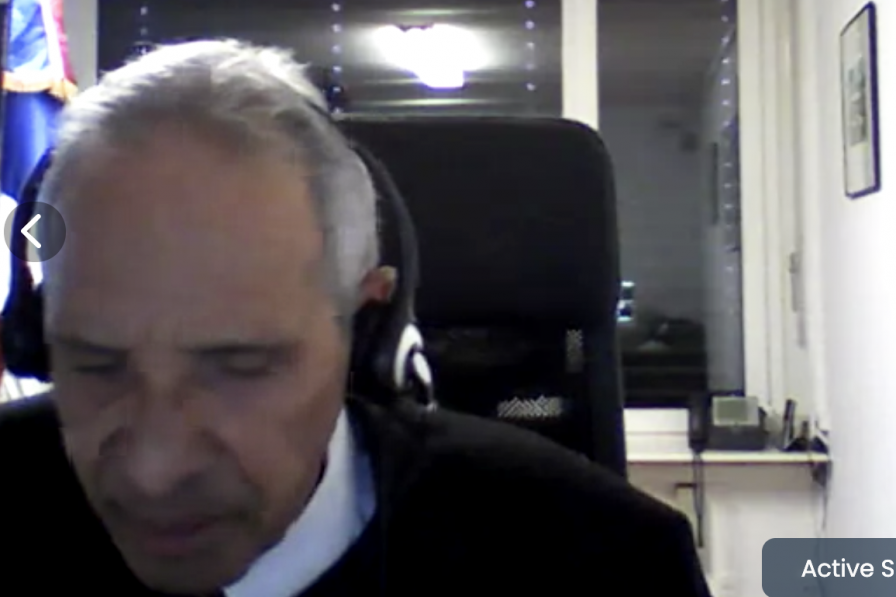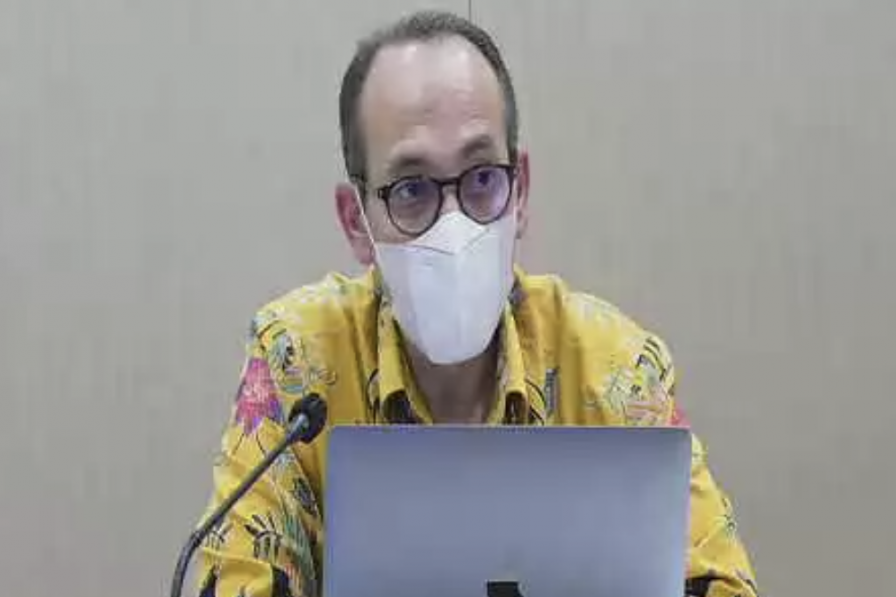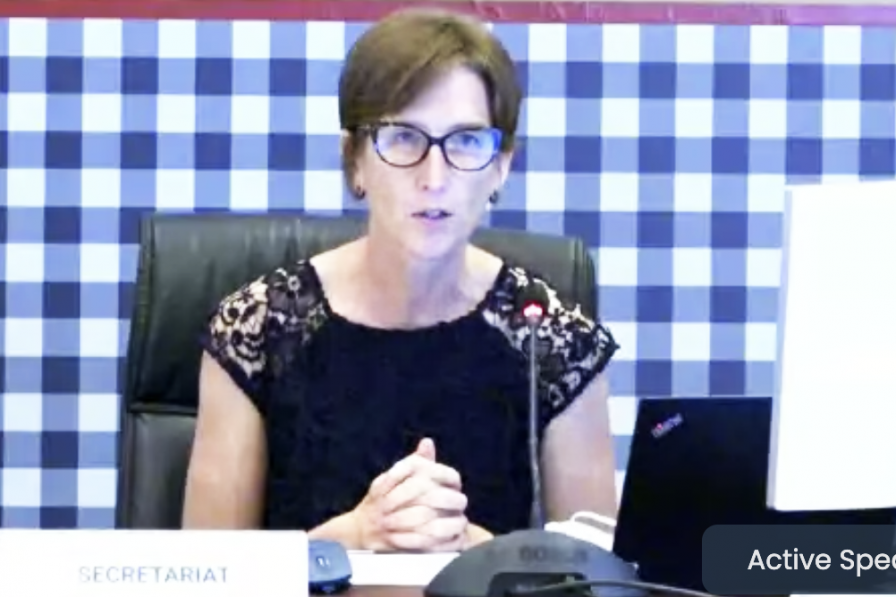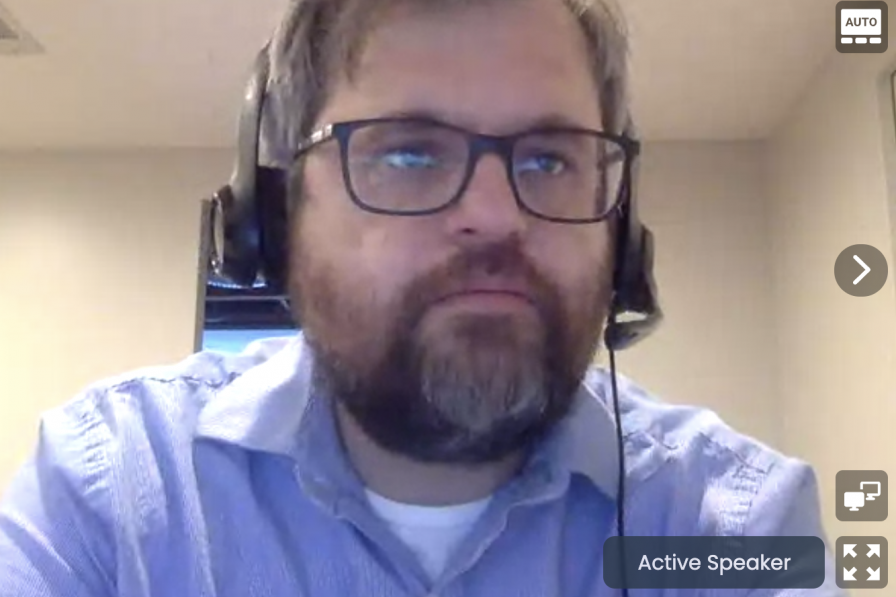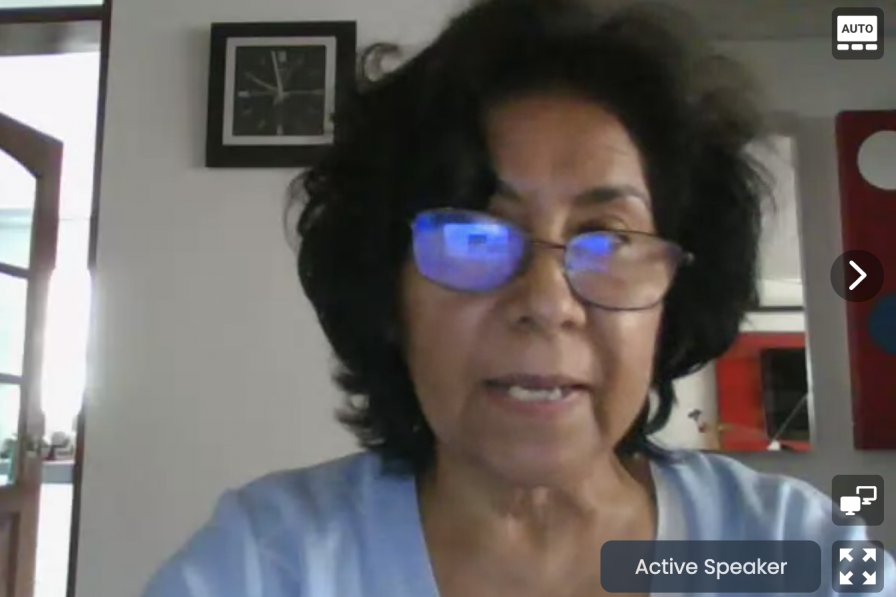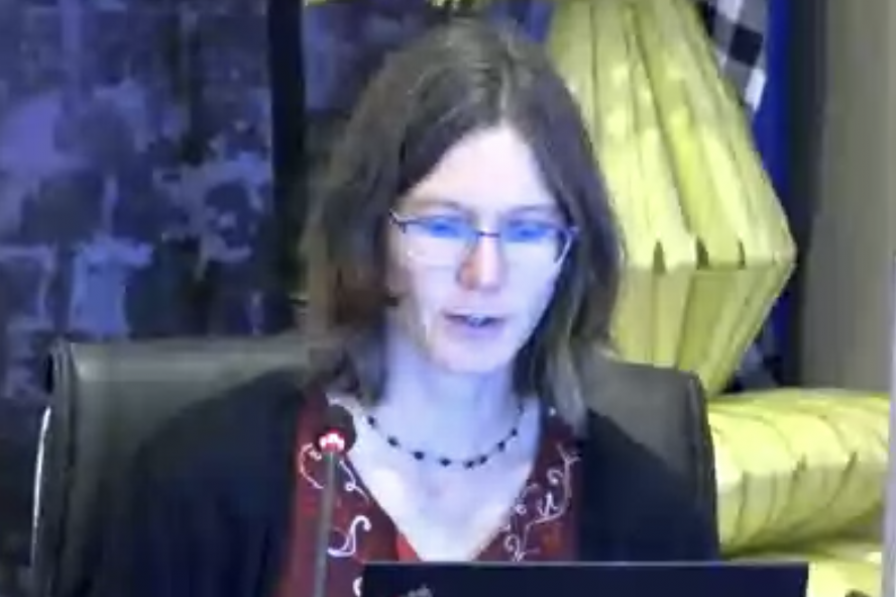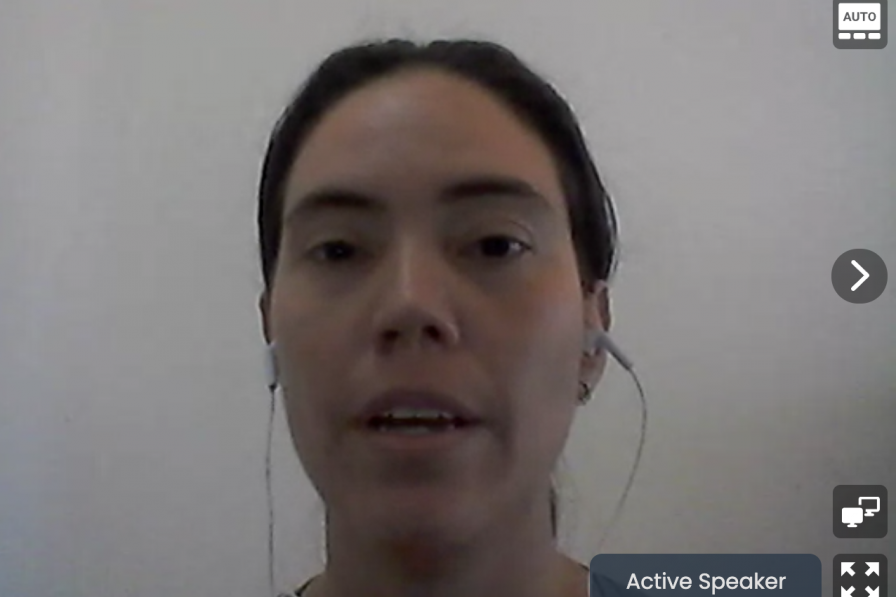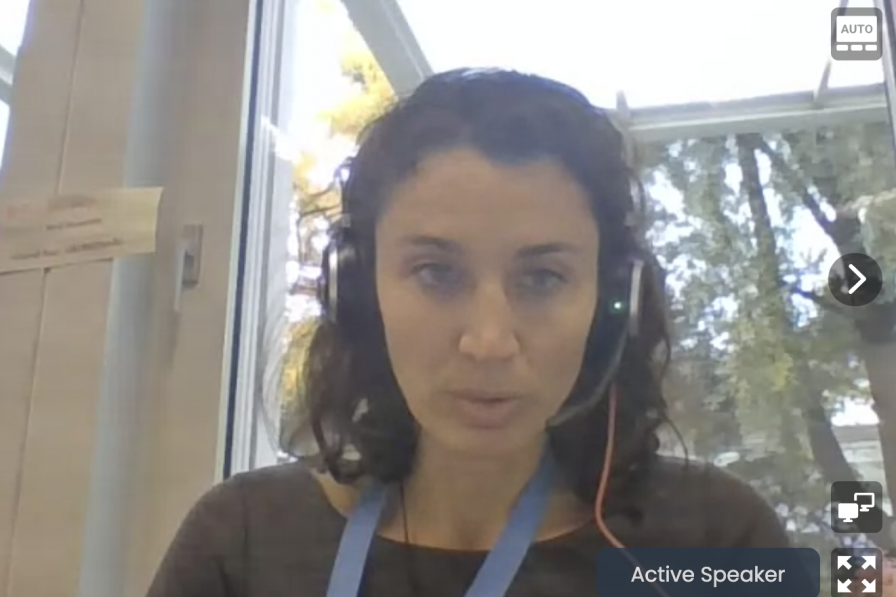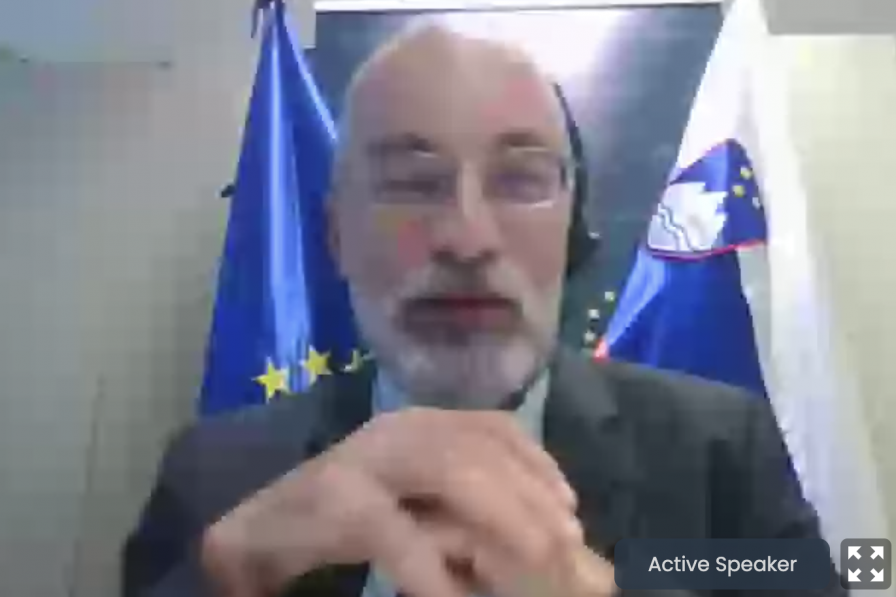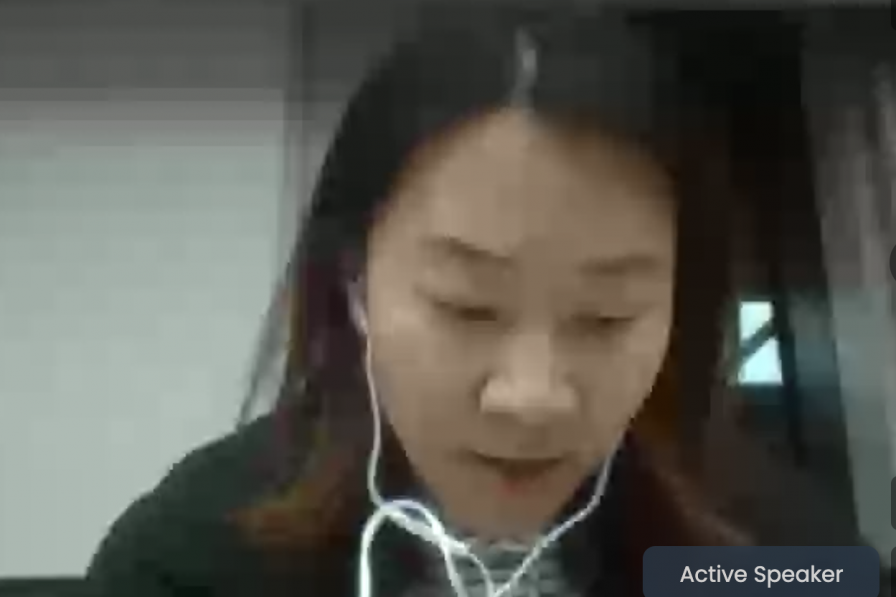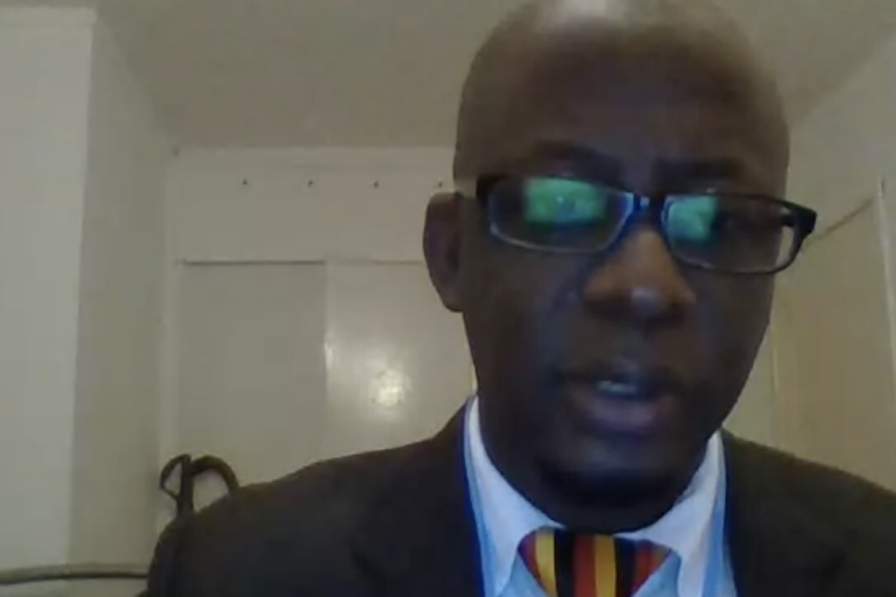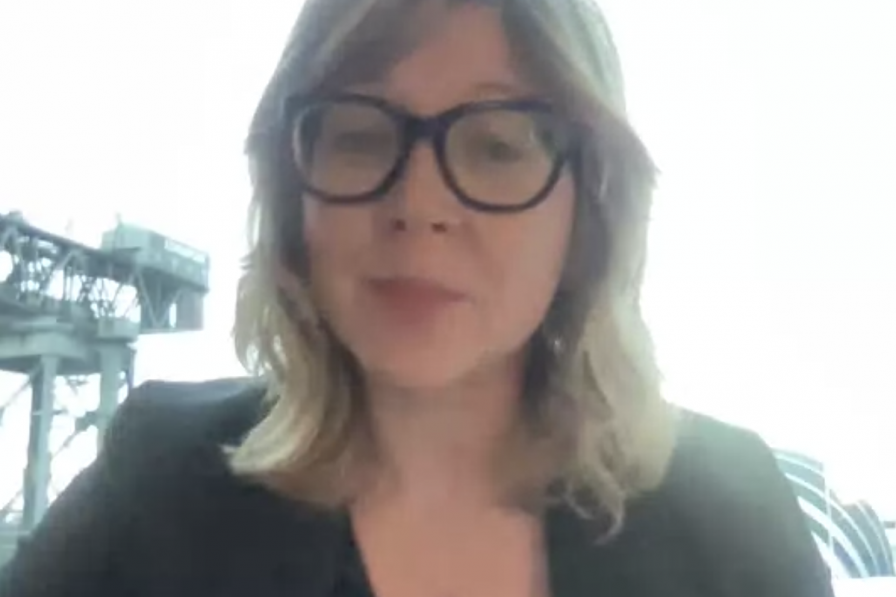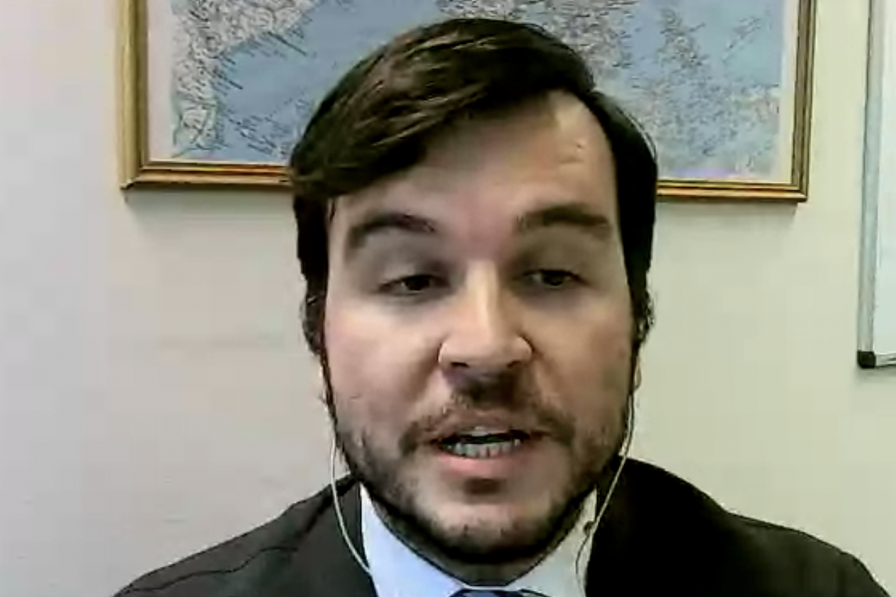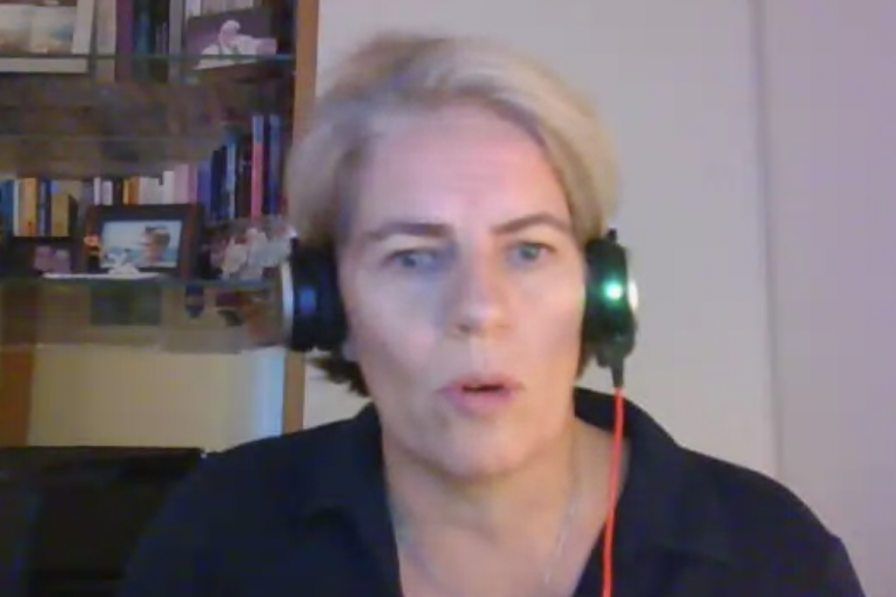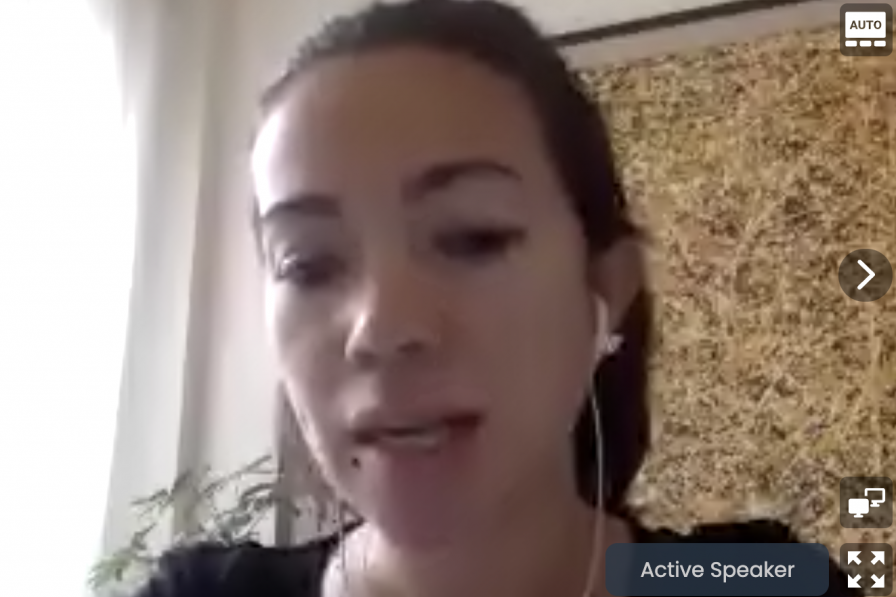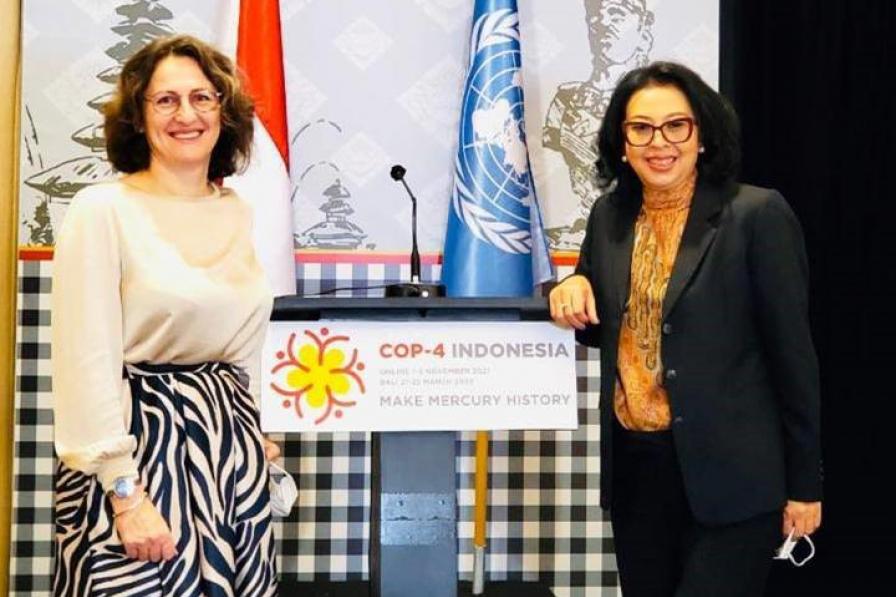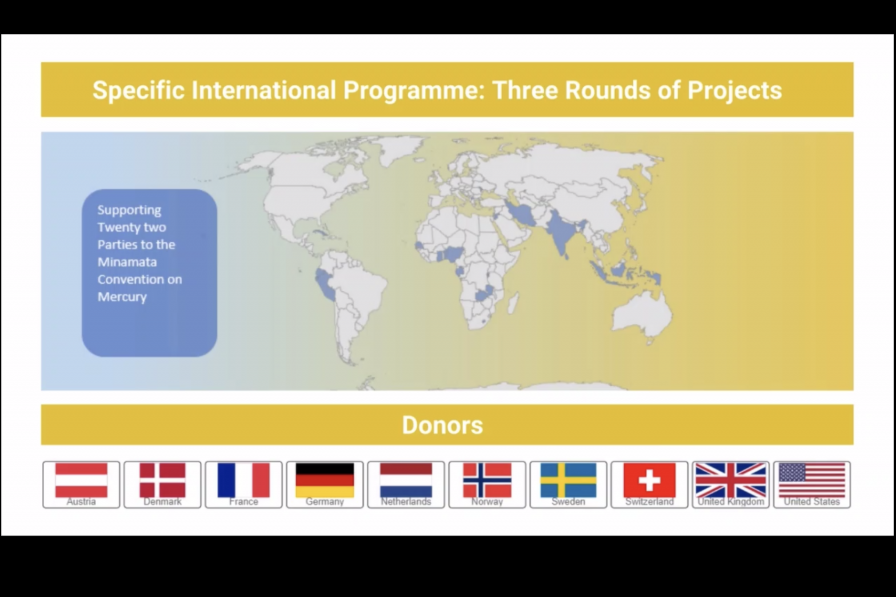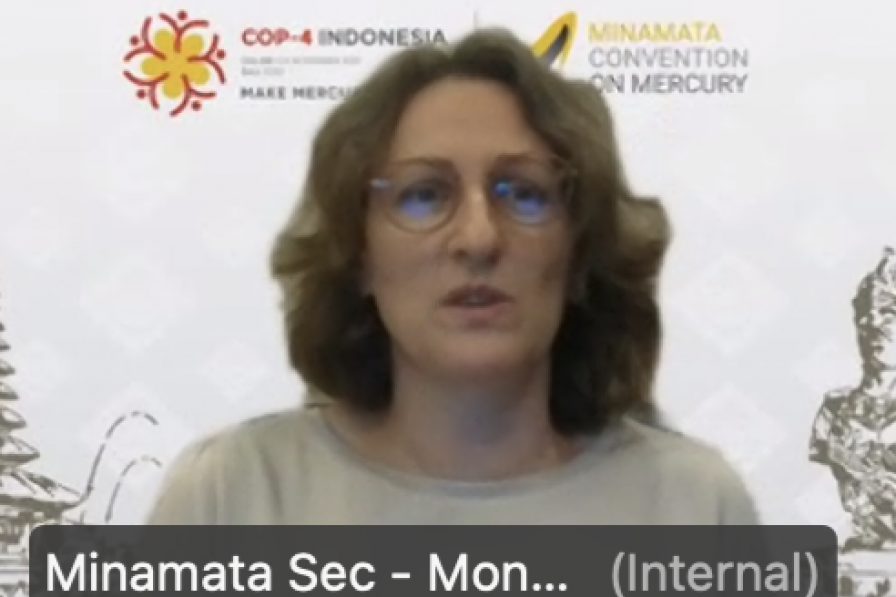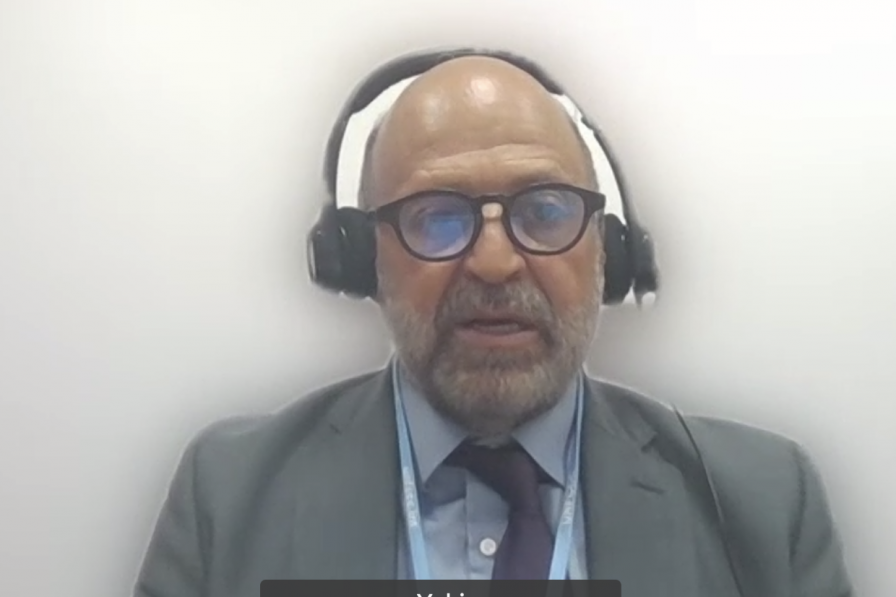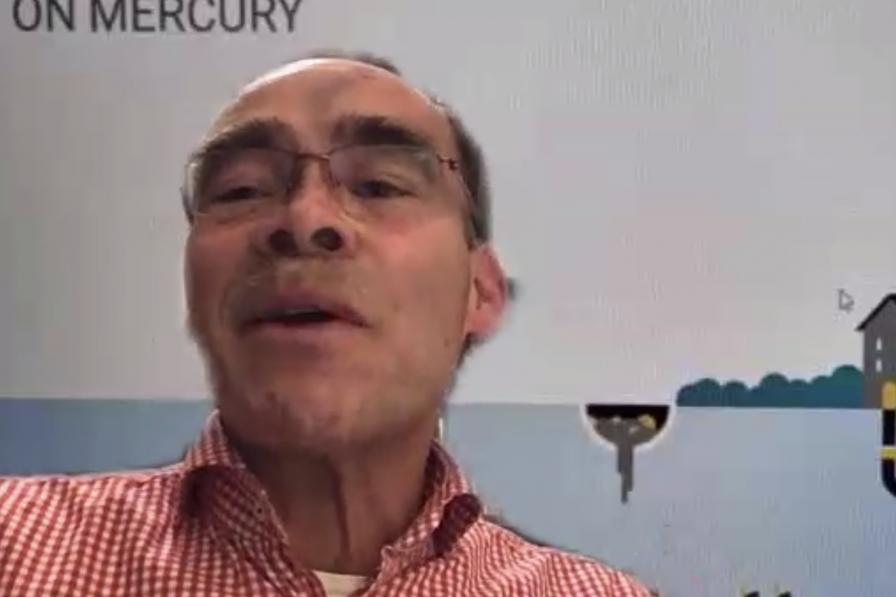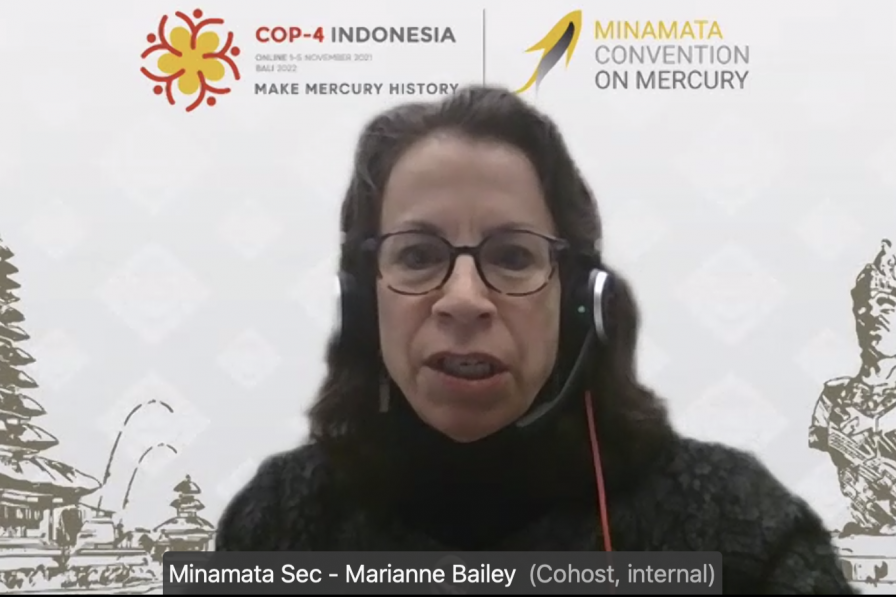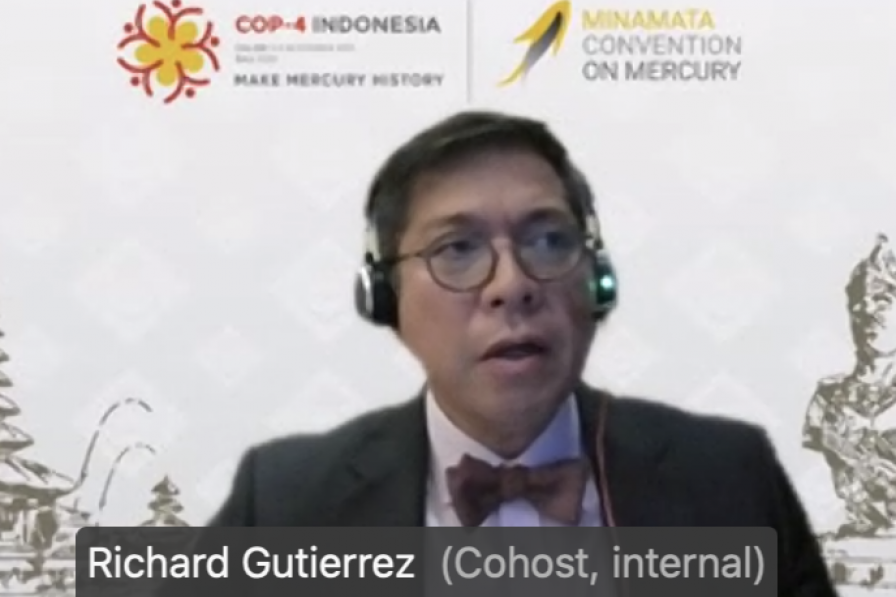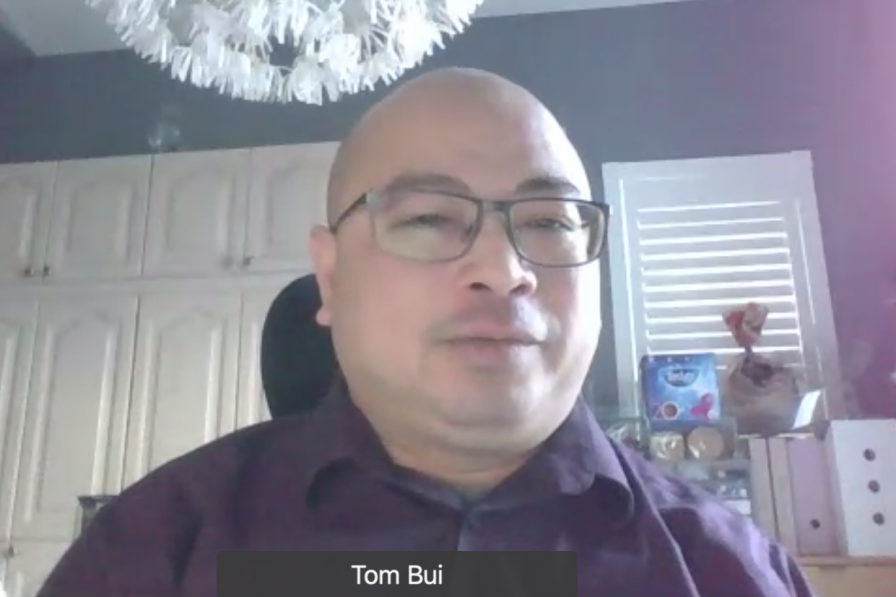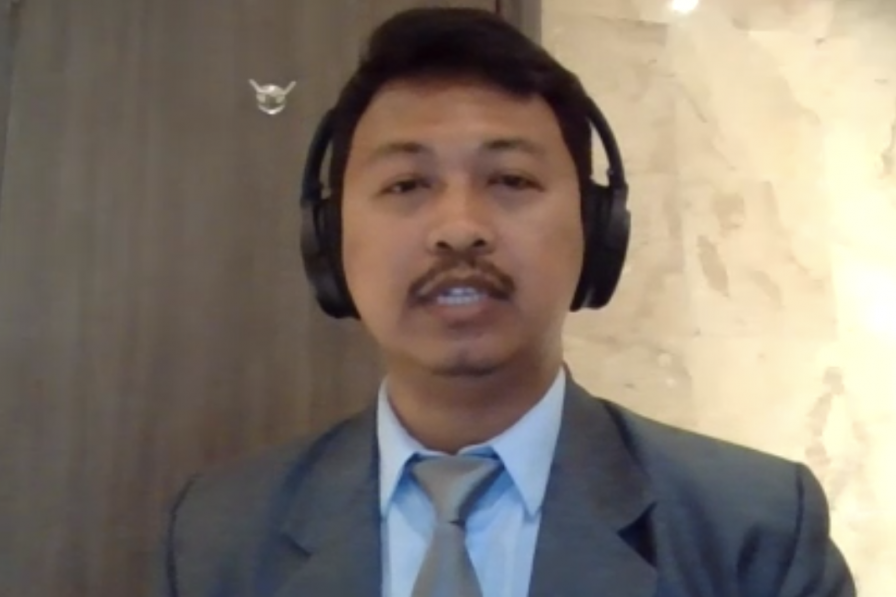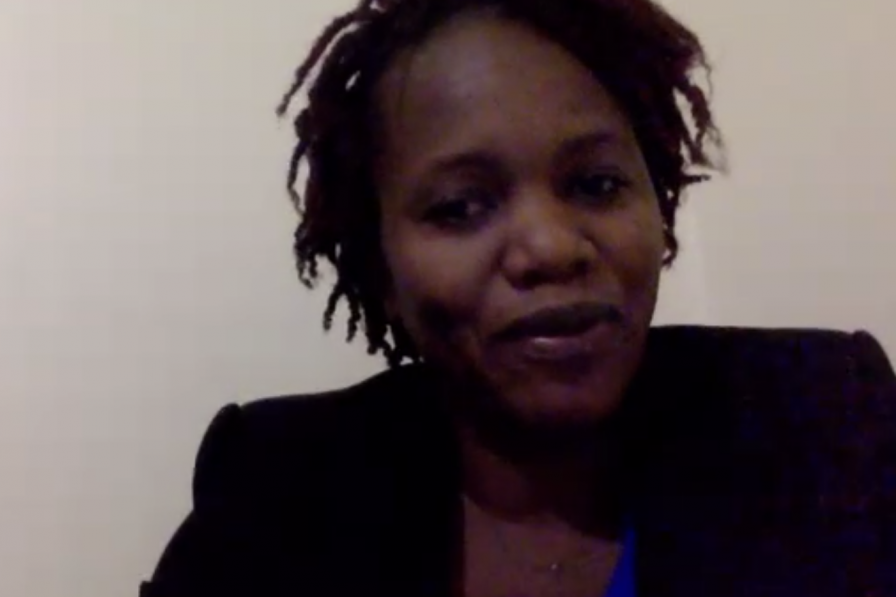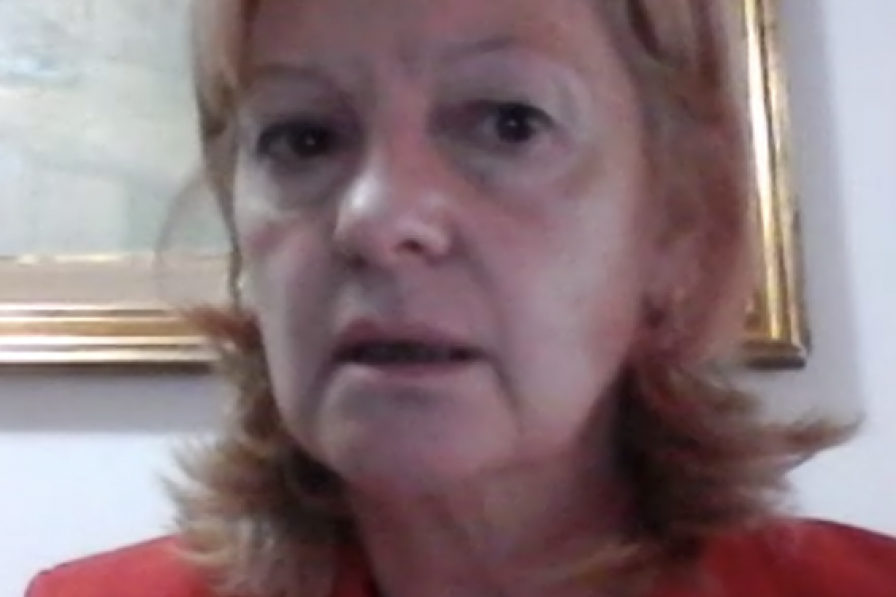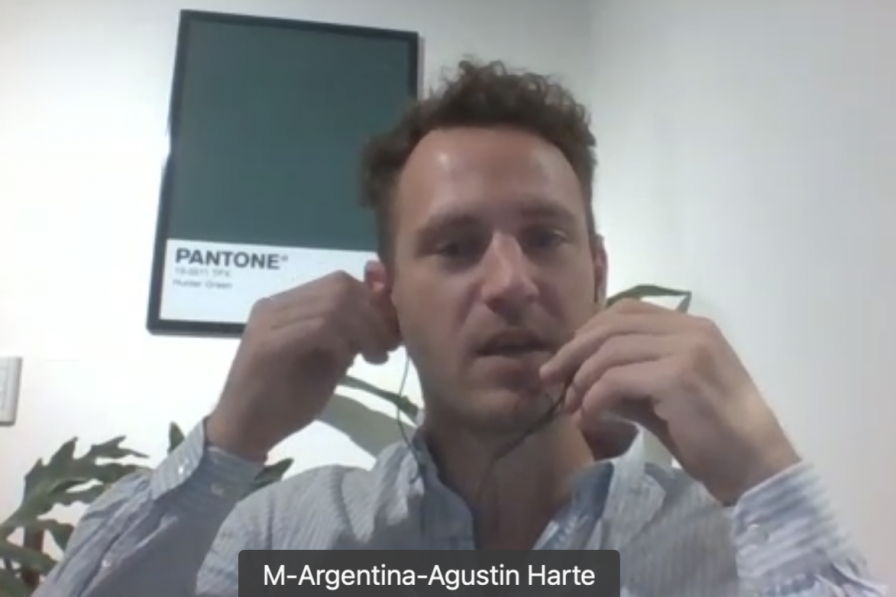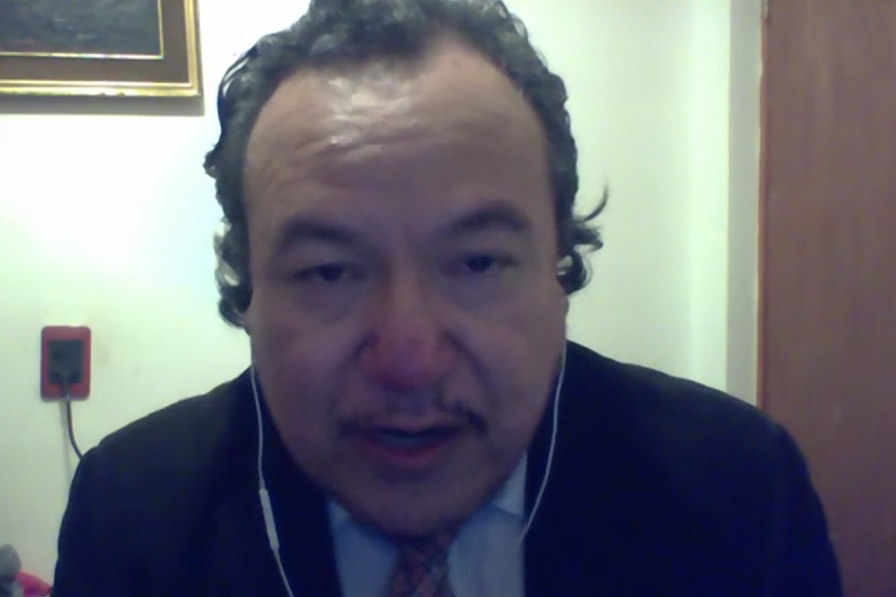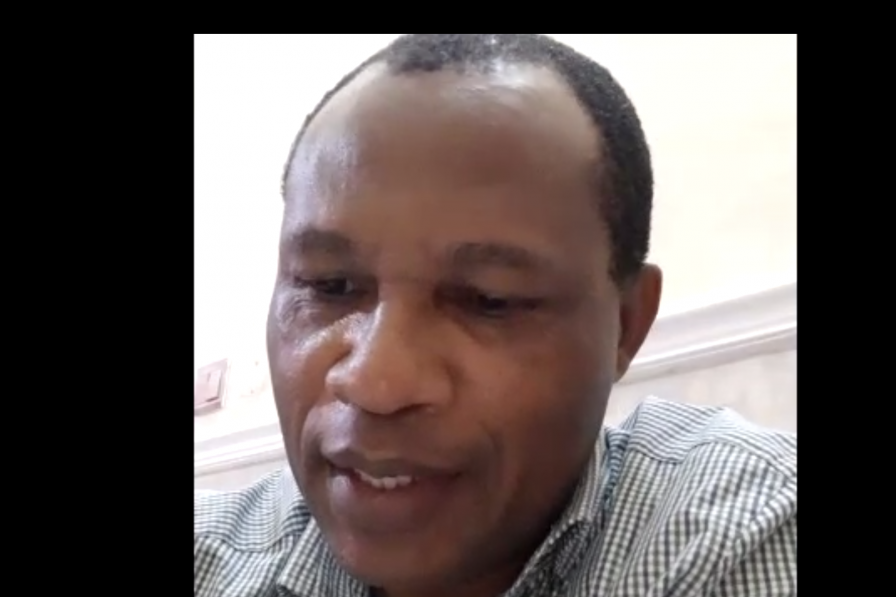Indonesian dancers performing a sequence of traditional regional dances greeted delegates as they convened, virtually, for the first segment of the fourth meeting of the Conference of the Parties to the Minamata Convention on Mercury (COP-4.1).
During the opening ceremony, Siti Nurbaya Bakar, Indonesia’s Minister of Environment and Forestry, welcomed delegates and announced Indonesia is proposing a non-binding Bali declaration on combatting global illegal trade of mercury, to be released at COP-4.2. She invited parties to continue to contribute to the draft of the declaration.
Pointing to the triple planetary crises of climate change, biodiversity loss, and pollution, Inger Andersen, Executive Director, United Nations Environment Programme (UNEP) stressed the importance of coherent implementation across the international environmental agenda in order to make our planet healthy again.
Monika Stankiewicz, Executive Secretary of the Minamata Convention, said sources of support are necessary to unlock larger investments and the co-benefits of tackling the triple planetary crises, and thanked those parties that had contributed to the third round of the Specific International Programme (SIP) to support capacity building and technical assistance.
COP-4 President, Rosa Vivien Ratnawati, Indonesia, urged all delegates to make the best and most effective use of COP-4.1 to exchange views, share opinions and experiences, and work constructively so as to ensure the success of the in-person segment of COP-4 (COP-4.2).
On the Programme of Work and Budget for 2022-2023, parties agreed to establish a contact group, co-chaired by Sam Adu-Kumi (Ghana) and Reginald Hernaus (the Netherlands). COP-4 President Ratnawati suggested, and parties agreed, that the contact group be open not only to parties, but also include, as observers, those countries who have completed their ratification process but for whom the Convention will enter into force after COP-4.1.
On scheduling COP-4.2, parties agreed that it be held from 21-25 March 2022 in Bali, Indonesia. Explaining that Bali has reached almost 100% of full double-dose vaccination and that, at the national level, Indonesia aims to achieve 60% by the time of COP-4.2, Indonesia proposed that current COVID-19 pandemic and related restrictions might require limiting the size of delegations to up to four per party, as well as limits on the number of observer delegations. Several countries expressed concerns about limiting delegation size, notably regarding transparency and efficiency should a hybrid meeting be deemed necessary. In particular, several noted that given the technical nature of the substantive issues on the agenda, it is essential to be able to convene a full delegation in Bali for in-person negotiations. Others pointed to the importance of providing streaming access to the proceedings in Bali for those that may not be able to attend in person.
On effectiveness evaluation, Norway introduced a conference room paper (CRP) submitted with Canada, which, building on informal consultations held since COP-3 in 2019, proposes a path forward for establishing a framework for the first effectiveness evaluation of the Convention. Their proposal presents a draft decision and proposed framework that includes: an effectiveness evaluation structure, process, and timeline; terms of reference for the Effectiveness Evaluation Committee; and terms of reference for a scientific advisory group on effectiveness evaluation. Many parties noted the document reflects progress since COP-3. There was broad support for continuing informal consultations in advance of COP-4.2, with several parties stressing the urgency of reaching agreement on the effectiveness evaluation framework since the Convention text mandates it be launched by August 2023.
The contact group will meet on Tuesday, and plenary will resume on Wednesday, 3 November 2021.
After the plenary, the Secretariat convened a side-event on “The Minamata Convention Financial Mechanism: Supporting parties to implement their obligations.” Opening the event, Executive Secretary Stankiewicz called for robust donor contributions to the Fourth Round of applications to the SIP. She also noted that collective action on climate change, biodiversity, deforestation, oceans and fisheries, requires the sound management of chemicals as an integrated, not parallel, element. Carlos Manuel Rodriguez, Global Environment Facility (GEF) CEO and Chairperson, said the eighth replenishment of resources for the GEF Trust Fund (GEF-8) requires greater integration and full flexibility within the GEF’s focal areas, in order to ensure investments that provide maximum benefits across the Rio Conventions. He stressed the need to assess countries’ financial capacity and needs relating to the management of mercury and other hazardous substances, so the GEF can understand the gaps and be strategic in the support provided to countries. Panelists then highlighted how parties to the Convention are accessing the capacity building and technical assistance support available through the GEF and the SIP.
To receive free coverage of global environmental events delivered to your inbox, subscribe to the ENB Update newsletter.
ENB images are free for use with attribution. For the 4th Meeting of the Conference of the Parties to the Minamata Convention on Mercury (COP-4), please use Photo by IISD/ENB Angeles Estrada
